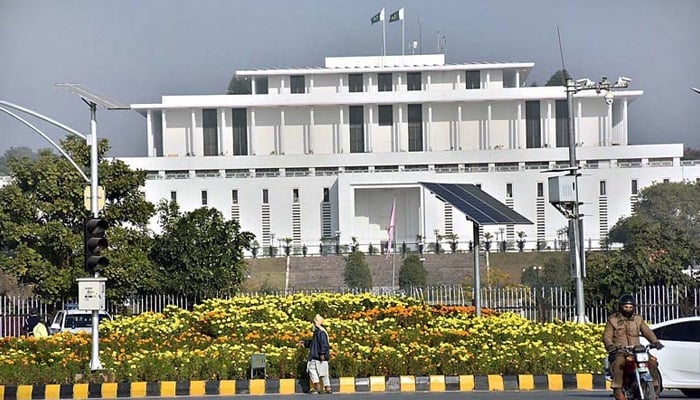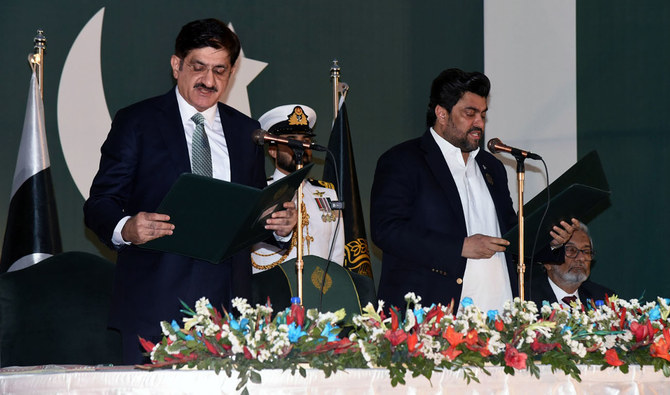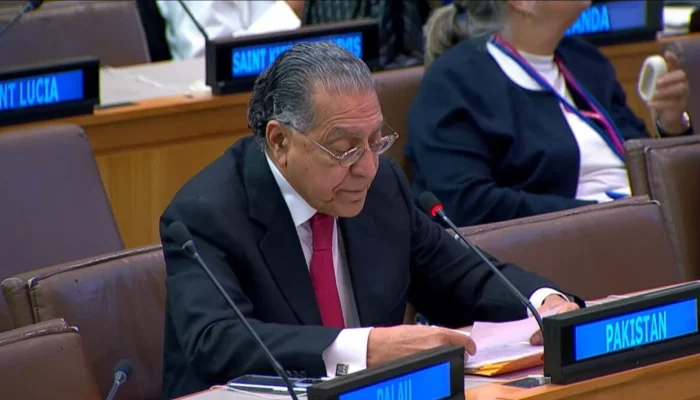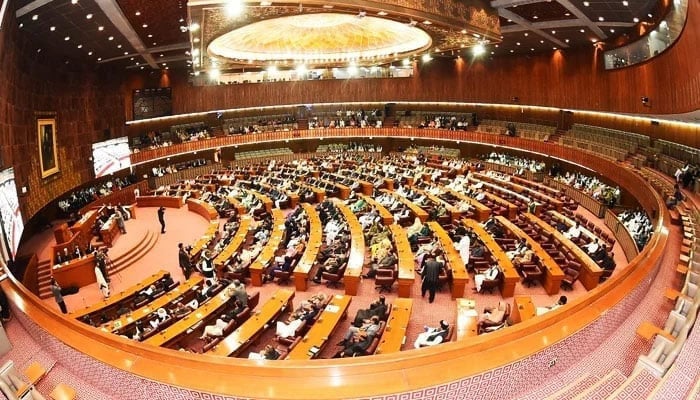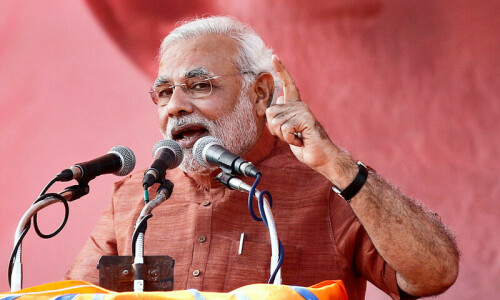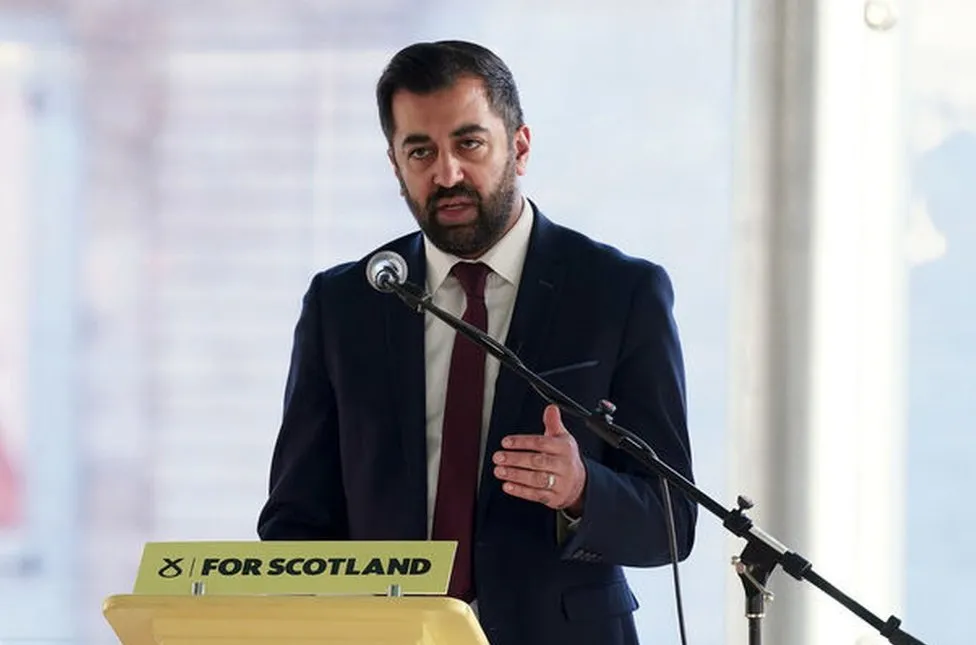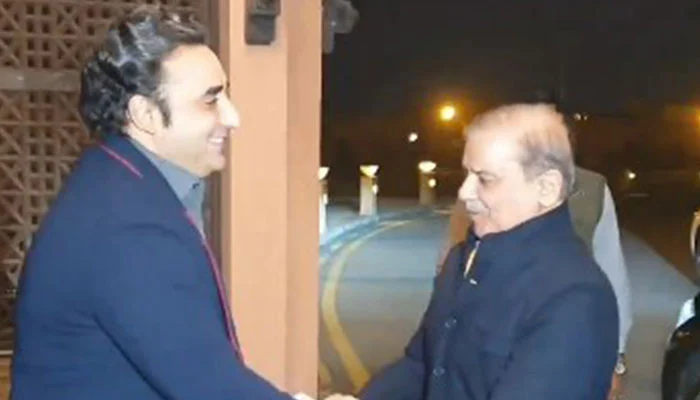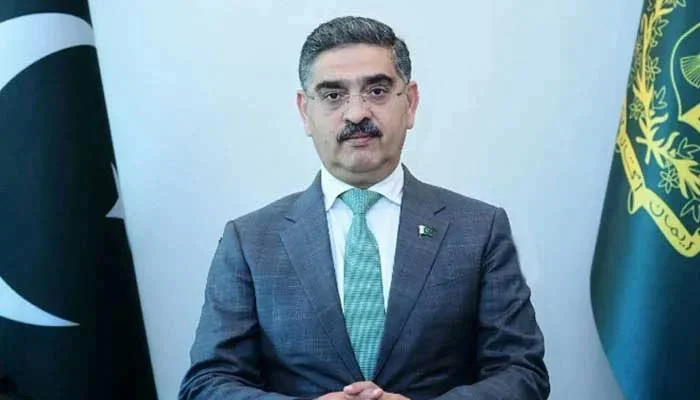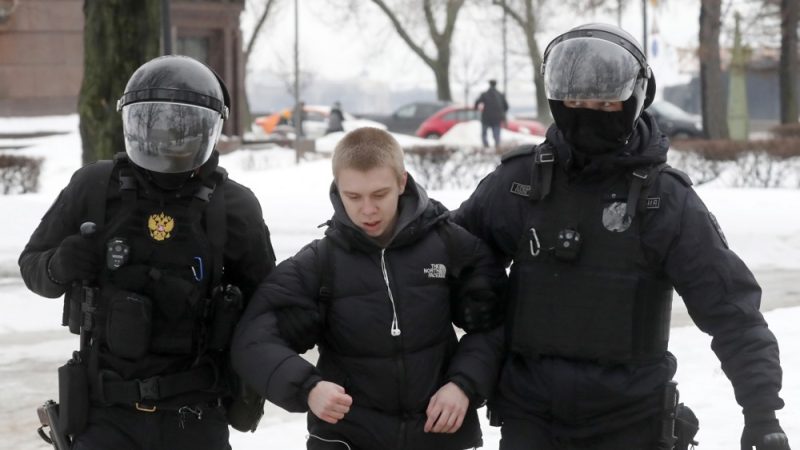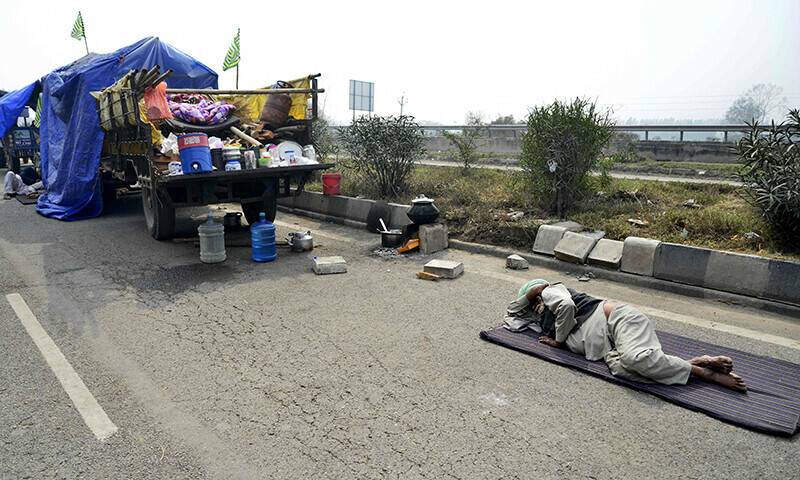ISLAMABAD: After the conduct of the 2024 nationwide general polls and its preliminary results amid much criticism, the Election Commission of Pakistan (ECP) has pulled up its socks to organise presidential elections and the first session of all assemblies under constitutional bindings.
The top electoral authority, which is yet to decide on the matter related to the reserved seats belonging to the Pakistan Tehreek-e-Insaf (PTI) backed candidates after the party’s merger into the Sunni Ittehad Council (SIC), started preparations for the presidential polls.
“A public notice will be issued alongside the schedule for the presidential polls on March 1st,” read a declaration issued on Tuesday which further stated: “Nomination papers for the aforementioned event would be accepted by March 2, 12 noon.”
The nominees have been asked to submit their documents concerned to the presiding officers, it added.
Additionally, the commission opened doors for candidates to receive nomination papers who were willing to be in the race for the president’s slot.
It is noteworthy to mention here that the ECP had already approached the high courts on February 23 regarding the conduct of the polls for the top political slot slated for March 9, 2024, in which it advised the appointment of chief justices of the relevant high courts as the presiding officers as per past tradition.
Elaborating on the constitutional bindings, the commission stated that it was mandatory to conduct the presidential elections within 30 days, and the first session of all assemblies 21 days after the general elections under Articles 91 and 130 of the Constitution.
“All assemblies would be formed on February 29, marking the completion of the required electoral college for the presidential polls.
The latest declaration came after the National Assembly Secretariat convened the lower house of parliament’s session on February 29 at 10am following President Arif Alvi’s refusal, however, the officers concerned asserted that they were under legal restrictions to commence the parliamentary business on the 21st day of the general elections under Article 91 of the Constitution.
Before the development, the president reportedly rejected a summary to summon the NA session, sources said, in which MNAs-elect will take oath as he believed that the assembly was “incomplete sans the allocation of all the reserved seats to the political parties.”
While the ECP has allocated reserved seats to political parties, it has not awarded reserved quota to the SIC after the independent candidates backed by the Imran-founded party joined their ranks. The electoral body announced conducting hearings on the matter that commenced today.


